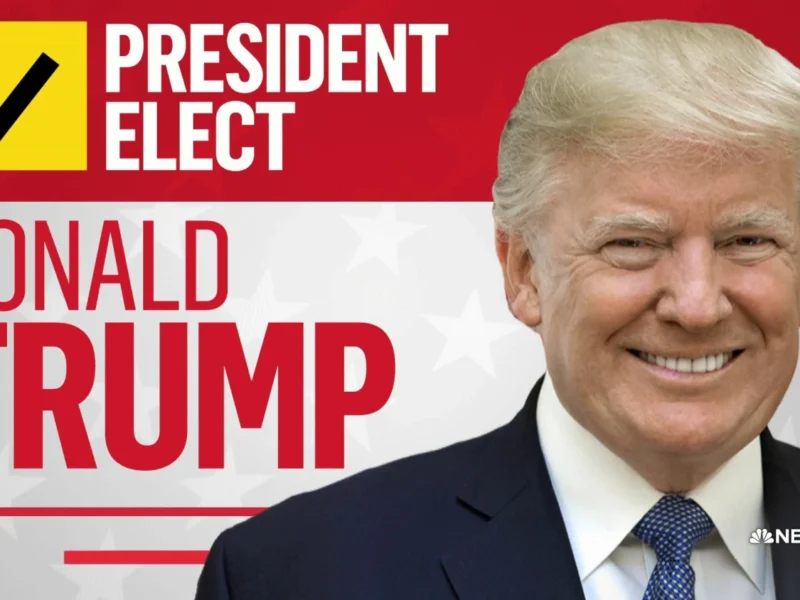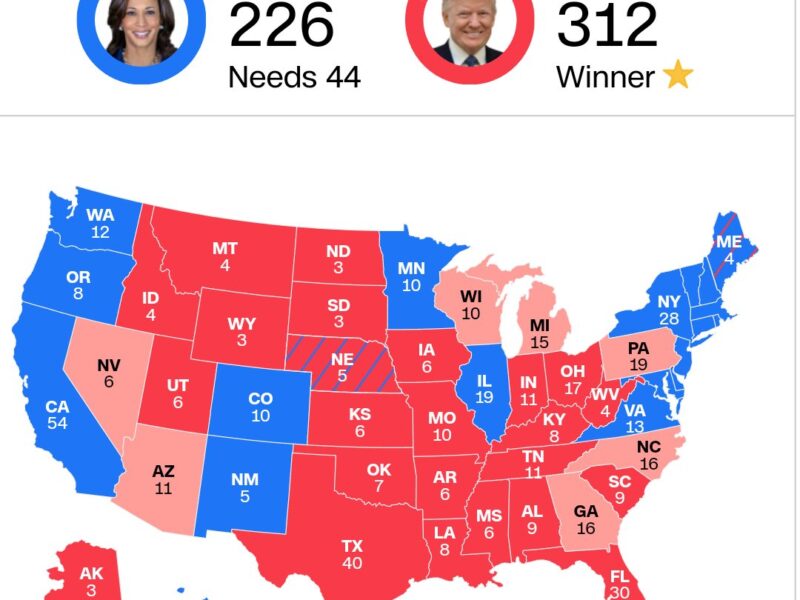What Did The Alabama Result Tell Us
There was a special election in Alabama and the whole Media world came, just not many voters. So what does it all mean?
- Roy Moore was not a good candidate. He was unable to unify his party because of his polarizing past – a past that preceded the current charges. No one seriously believes that a less polarizing Republican would not have won the race. Any one who reads an overarching trend in this race is reaching. This race – which ended nearly tied – featured a bad Republican candidate.
- This was not about Trump. The special election races this year have been largely split between the parties. It may be that Trump and the Republicans have not increased their winning 2018 coalition as much as they should have, but this race was not about that. Moore is and was a unique candidate.
- Divided parties lose races. When the Democrats were divided in 1968, they lost the Presidential election even though the economy was not that bad and they were the incumbent party. In special elections, if the opposition is motivated, the party divided tends to lose races. That happened yesterday.
- Low Republican turnout. Republicans, the dominant party in Alabama, did not come out in droves. Why? 1 and 2 above. Does that tell us anything about 2018? Only if Republicans in Congress fail to accomplish anything between now and then, i.e. fail to pass a tax bill and fail to do anything on healthcare. If they do fail to do those things, 2 above will become the dominant dynamic in 2018 as Republican voters divide over why those currently in office are not doing their job. If they do pass tax reform, the burst of economic activity in 2018 will bode well for them in 2018 in the House and Senate and Alabama will be a distant memory.
In the final analysis, Alabama likely was a unique circumstance – unless Republicans choose to repeat it.







